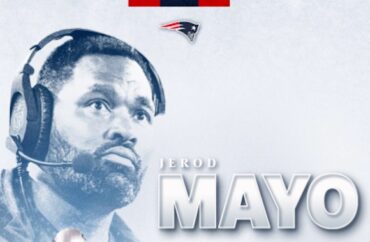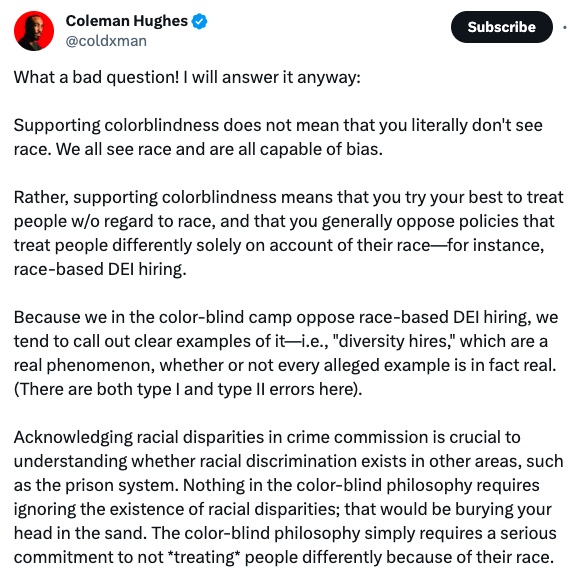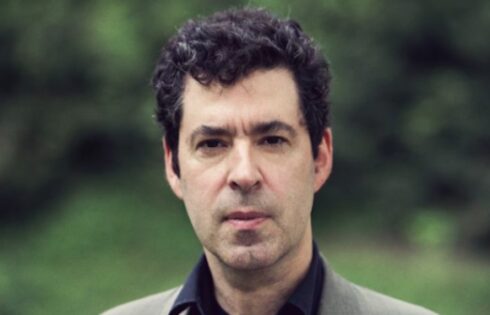
And that’s not a good thing
It was the end of an era last week as arguably the best football head coach of all-time, Bill Belichick, stepped down as leader of the New England Patriots.
(I’m not particularly fond of Belichick; as a lifelong Los Angeles (and St. Louis) Rams fan, I’m still skeptical about the findings of “Spygate” which were alleged to have affected Super Bowl 36, Belichick’s and Tom Brady’s first of many championships throughout the 2000s and 2010s.)
One can argue who played more of a role in New England’s success during that time, Belichick or Brady, but the results clearly demonstrate the former is a super force in the coaching realm.
New England announced Belichick’s replacement on Wednesday: Jerod Mayo. On X, the Patriots posted a graphic of Mayo’s accomplishments as a player — he was a first-round pick, a one-time All-Pro, and made the Pro Bowl a couple of times.
But what about his coaching experience? After all, he’s filling immense shoes.
Well, let’s see: He was the Pats’ “inside linebackers” coach for a few years. No other head coaching experience … or even coordinator (offensive or defensive) experience.
The resume. pic.twitter.com/MDya72um6y
— New England Patriots (@Patriots) January 17, 2024
Now I’ll be the first to argue that good coaching, especially in this era of overpaid athletes, involves a lot of special “intangibles,” most especially the ability to relate and motivate. Maybe Mayo has that. It’s a bit hard to believe Pats owner Robert Kraft and Belichick (who apparently recommended Mayo as his successor) would choose someone whom they perceived didn’t have this gift. We’ll see.
MORE: Is colorblindness really a bad philosophy?
But what doesn’t sit well for the Pats is Mayo stating in his introductory press conference that he is a man who “sees color.”
“I do see color, because I believe if you don’t see color you can’t see racism.”
Jerod Mayo on being named the first black head coach in Patriots history. pic.twitter.com/toTTJ6CrB3
— New England Patriots (@Patriots) January 17, 2024
What many clips on social media don’t show of the press conference is that Mayo’s remarks directly contradict owner Kraft’s statement from a minute or so prior that he is a believer in “colorblindness.”
At least Mayo didn’t call Kraft a “racist” or something similar as happens in the academy. And Mayo’s view is hardly unique, especially today.
Like so much involved with DEI-related (diversity, equity, and inclusion) matters, the inherent contradictions can drive a rational person bonkers trying to make sense of it all.
For example, Mayo’s statement that color “doesn’t really matter … but it does matter” is akin to Oregon State U.’s José-Antonio Orosco’s contention that “in trying to ignore race, we may in fact ignore racism.” And the University of Southern Indiana’s statement that race is “a social construct without biological meaning” … but which then follows with “we do not mean to say that somehow race is not real … race is, of course, real.”
A former Delaware teacher of the year even claimed black and brown students not only want teachers “to see their color,” but to “celebrate it.”
But as The Weekly Standard’s David Marcus said a few years back, colorblindness “doesn’t mean that you don’t see skin color. It means that you try not to make irrational judgements based on skin color.”
And, much to progressives’ chagrin, many black people feel this way too (the latter is Tampa Bay Bucs coach Todd Bowles, playing in the NFL divisional round on Sunday):

Well said coach….very well said
pic.twitter.com/Sb6sk1QjVX
— Shaughn_A (@Shaughn_A2) January 16, 2024
MORE: Professor says colorblind philosophy behind ‘Star Trek’ is a ‘blind spot’
IMAGE: New England Patriots, Coleman Hughes/X
Like The College Fix on Facebook / Follow us on Twitter







Please join the conversation about our stories on Facebook, Twitter, Instagram, Reddit, MeWe, Rumble, Gab, Minds and Gettr.